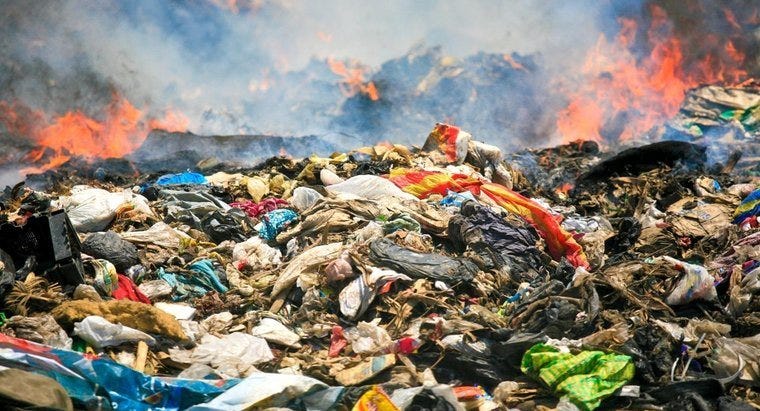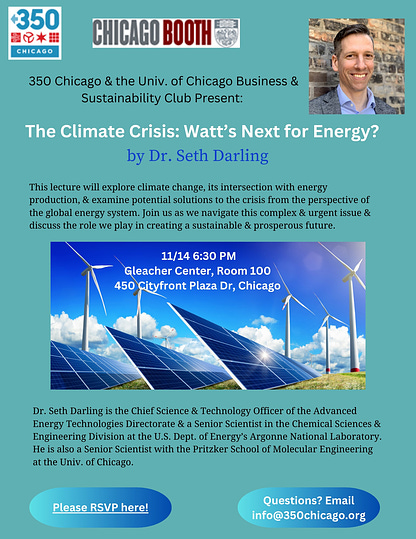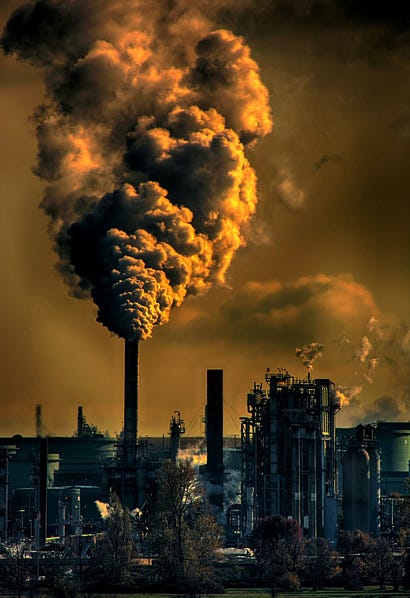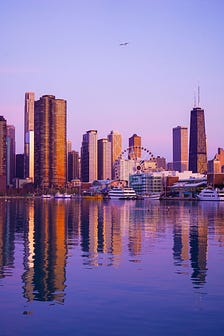|
 |
350 CHICAGO
Fast Fashion Fueling Climate Crisis
Halloween Shines a Light on how Fast Fashion Contributes to Climate Crisis
October 29th, 2023
In this issue:
Halloween Shines a Light on how Fast Fashion Contributes to Climate Crisis
Chicago Needs to Prepare for Greater Numbers of Migrants as Climate Crisis Deepens
Dr. Darling from Argonne National Laboratories and the University of Chicago to speak in an event Co-sponsored by 350 Chicago and Booth School of Business Business and Sustainability Club
350 Chicago Looking for New Board Members
In Brief
Join Us for a Talk on the State of Renewable Energy to Fight the Climate Crisis!
Dr. Seth Darling, Senior Scientist with the Pritzker School of Molecular Engineering at the Univ. of Chicago & Argonne National Laboratories will be speaking on the status and future of renewable energy for the 350 Chicago Monthly Speaker Series @6:30 at the Univ. of Chicago downtown’s Gleacher Center (Room 100): 450 Cityfront Plaza Dr, on November 14th.
Mayor Johnson’s Budget Seeks to Re-Establish Dept of Environment
Climate activists in Chicago have been seeking to revive the Dept. of Environment in Chicago government ever since the office was closed by Mayor Emanuel. Johnson’s proposal would create a budget of 1.8 million dollars, which is will allow for hiring more staff and is meant to help the city reach it’s goal of reducing emissions by 60% by 2040. However, the new department will have no authority to enforce pollution laws and falls far short of what is needed given the urgency of the climate crisis. For more information: Read More
350 Chicago Seeking Applications to Join our Board
350 Chicago seeks new board members who can support our work fighting the climate crisis! 350 Chicago is currently an all-volunteer organization taking climate action in Chicago and across Illinois; board members provide oversight and guidance.
This is a great opportunity for individuals who are passionate about 350 Chicago’s mission. Ideal candidates will have the following qualifications:
Professional experience with significant leadership accomplishments
Savvy diplomatic skills
Personal qualities of integrity, credibility, and a passion for fighting the climate crisis and improving the lives of Chicagoans
If you’re interested, fill out the application form here. Applications are due November 15, 2023.
See below for more information about the Board of Directors, the position, and 350 Chicago. Any questions? Email [email protected].
Halloween Shines a Light on how Fast Fashion Contributes to Climate Crisis
by Michaela Brant
Now that October is here and the excitement of Halloween is in the air, there’s more spookiness to consider than just scary movies and haunted houses: how much waste the holiday generates. The average American spends $100 each year on Halloween costumes, candy, decorations, and greeting cards, according to Investopedia. This generates a lot of waste, and CO2.
Halloween costumes, while a fun way to express ourselves, are deeply intertwined with the fast fashion industry. Ethical Consumer describes fast fashion this way: “Fast fashion is ‘fast’ in a number of senses: the changes in fashion are fast, the rate of production is fast; the customer’s decision to purchase is fast; delivery is fast; and garments are worn fast—usually only a few times before being discarded.”
Online stores like Amazon, Shein, Fashion Nova, AliExpress, and countless others are a substantial part of the problem. They pump out thousands of low-quality garments in styles that will be worn minimal times—and can hardly hold up to many wears anyway. And Shein in particular has come under fire for abhorrent labor conditions for the garment workers who produce their clothing
Fast fashion results in environmental degradation in a number of ways: textile waste, excess plastic and water use, pesticide contamination, and most importantly, immense carbon emissions. Fast fashion is the third-largest polluting industry in the world, and letting it run rampant only intensifies the climate crisis.
There are steps you and your loved ones can take to celebrate Halloween in a lower-waste way. First, buy costumes and decorations secondhand. Thrift stores large and small have sections dedicated to costumes and decor, or you can create your own costume using upcycled or smartly styled everyday clothing. Better yet, borrow materials to create a costume from a friend, or use what you already have at home. Get creative! The same goes for candy-collecting receptacles. No need to buy a plastic pail each year—this contributes to plastic pollution and the manufacturing process burns the carbon that fuels the climate crisis. Instead, use a basket, bag, or container already in your house (even a pillowcase is a classic way to tote candy around and fit much more than you’ll be able to eat!).
When it comes to pumpkin carving, many people may think that because the waste is organic, it will decompose—no harm, no foul; however, throwing a pumpkin in the garbage sends it to a landfill, where it releases methane when it slowly decomposes. This is simply another contribution to food waste. There are alternatives to tossing your pumpkins. You can compost them at home, use them as an ingredient in a meal or dessert (don’t forget to roast those seeds!), give them to an organization that will compost or donate them for you, or host your own pumpkin smash event to jump-start the decomposition process.
Halloween can still be fun if we avoid overconsumption. Taking these steps to limit waste and refrain from buying things you don’t need can help you and your family be part of mitigating the climate crisis.
Chicago Needs to Prepare for Greater Numbers of Migrants as Climate Crisis Deepens
by Joshua Horwitz
Tensions ran high on July 27, 2023 at the Broadway Armory in Edgewater, as the community debated the city’s decision to use the armory as a migrant center due to the current migrant crisis. The armory is a large public facility run by the Parks District which provides recreation space for youth and a senior center. Those protesting against using the armory, primarily from the senior community, came prepared with yellow signs, shirts, and stickers that read “DON’T DISPLACE US” and “SAVE THE ARMORY.” A roughly equal group in support of the move spoke passionately about the need to house their new neighbors and pointed out that hundreds of migrants are still sleeping on the floors of police stations; a situation made worse amid the swirling accusations of sexual misconduct by CPD officers.
However, the current migrant situation is only the beginning of what’s to come. Climate change extreme weather events are already amplifying migration patterns worldwide. As the IPCC reports, climate change is causing increased migration globally, and even in the US itself, “unpredictable and chaotic” climate migration is already displacing people in California, Florida, Louisiana, and North Carolina, and other places.
While these issues play out globally, the current migrant crisis in Chicago highlights how unprepared both State and Federal leadership is for these kinds of population moves and many analysts believe the Great Lakes area will be the prime destination for climate displaced Americans. The current crisis is made worse due to a shocking lack of leadership from Texas Governor Greg Abbott who has decided to bus migrants to Chicago without any plan in place to house them, using families as political pawns. The issue is amplified by the overloaded federal immigration court system, which results in migrants waiting 6 months or more for work permits and longer for green cards. This ties the hands of city and state governments who then have to find shelter for the migrants while the federal government prevents them from working, and making it that much more difficult for migrants to integrate and contribute to their new communities.
Meanwhile, the City of Chicago is working on finding temporary solutions for the over 11,500 migrants who have arrived at the city over the past year. At the armory, the debate between the two groups was futile; the City had already decided to house migrants in the facility regardless of the community response. Meanwhile, similar decisions are being made all over the city, and some residents are threatening legal action. Chicago may only be currently planning to use its shelters -- such as the Broadway Armory – for six months, but this city and others will need to think about more permanent solutions for migrants as climate change intensifies.
Interested in joining 350 Chicago to help us end the climate crisis? Contact us at [email protected] or visit our website: Volunteer for 350 Chicago.
350 Chicago Newsletter is free today. But if you enjoyed this post, you can tell 350 Chicago Newsletter that their writing is valuable by pledging a future subscription. You won't be charged unless they enable payments.




